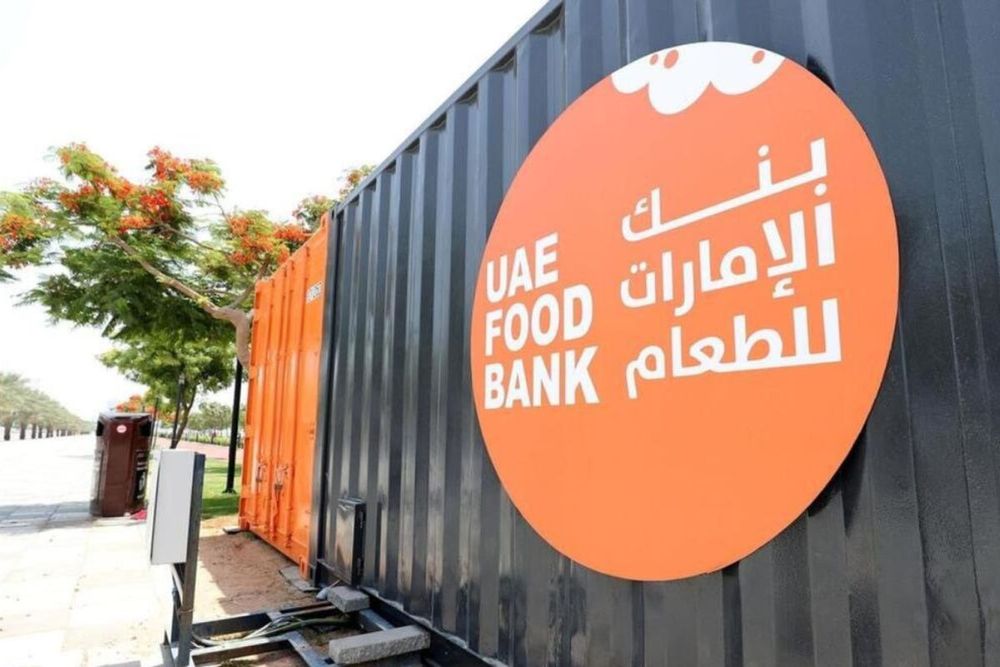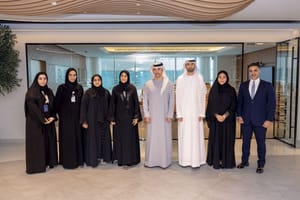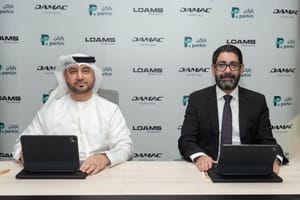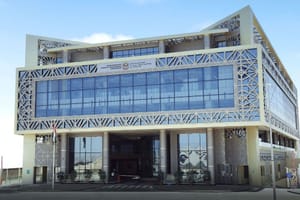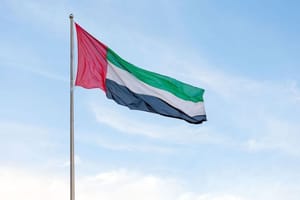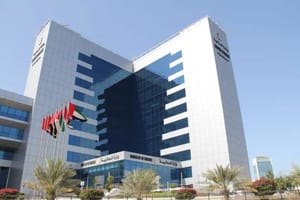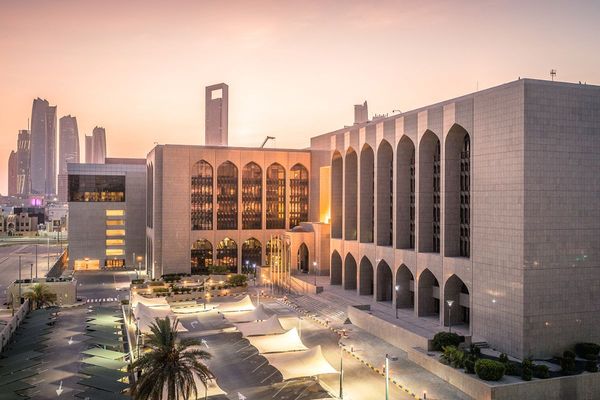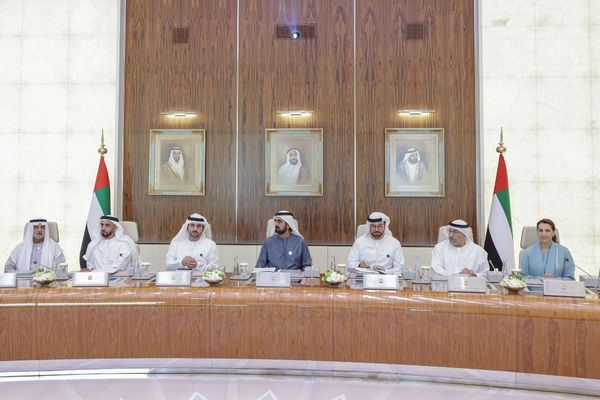The UAE Food Bank, which operates under the umbrella of the Mohammed bin Rashid Al Maktoum Global Initiatives, has launched its strategic plan for the 2023-2027 period.
The strategy aims to promote the values of charity and environmental preservation that underpin the Bank’s activities, and raise the sustainability of its operations through long-term future planning.
The new plan forms part of the implementation of the directives of Her Highness Sheikha Hind bint Maktoum bin Juma Al Maktoum, wife of His Highness Sheikh Mohammed bin Rashid Al Maktoum, Vice President and Prime Minister of the UAE and Ruler of Dubai, and Supreme Chairperson of the UAE Food Bank. The strategy is also aligned with the UAE’s goals to advance its global leadership in sustainability and food security and the country’s broader strategy to manage food surpluses.
His Excellency Dawoud Al Hajri, Deputy Chairman of the Board of Trustees of the UAE Food Bank, emphasized the strategic plan's significance, stating that it embodies the Food Bank's vision of becoming a sustainable and globally renowned organization. The plan aligns with international sustainable development standards, allowing the Food Bank to effectively manage surplus food resources. Inspired by the vision of His Highness Sheikh Mohammed bin Rashid Al Maktoum, the strategy recognizes the humanitarian importance of food donations as a testament to the noble values and charitable spirit deeply ingrained in Emirati society.
Furthermore, the plan is a result of the directives set forth by Her Highness Sheikha Hind bint Maktoum bin Juma Al Maktoum, aiming to enhance the Food Bank's capabilities and ensure a consistent and sustainable provision of food aid to those in need across the globe. By establishing a comprehensive institutional framework, the strategy enables the Food Bank to deliver surplus food efficiently while upholding high quality standards. In addition to operational enhancements, the plan seeks to foster humanitarianism, sustainability, and social responsibility within both the corporate sector and the wider community.
Future directions
As part of boosting sustainability, the Food Bank seeks to maintain global best practices in the field by supporting local farmers and expanding strategic partnerships with food establishments, companies and hotels to donate surplus food and reduce wastage.
The plan also aims to advance digital transformation of the Food Bank’s operations to ensure easy access to the largest possible number of beneficiaries and donors. It also seeks to contribute to the growth of the circular economy and environmental sustainability by diverting surplus food from the landfill path and reducing food wastage by 30% by 2027.
Goals and objectives
Covering human, social, environmental and economic dimensions, the new strategy places a high emphasis on fostering social responsibility and volunteerism and raising awareness among community members on how to deal with surplus food. As part of the strategy, the Bank will run awareness programmes in schools and government and private entities on making optimal use of surplus food, reducing its wastage, and preserving the environment.
Unique accomplishments
Since 2017, the UAE Food Bank has distributed over 55 million meals, saving 55,000 tonnes of food from being wasted. It has formed over 200 strategic partnerships with various establishments such as hotels, restaurants, hypermarkets, and charities. The Food Bank has organized more than 290 activities, including campaigns and workshops, to raise awareness about surplus food management and promote charitable values. Furthermore, it has expanded its presence by establishing multiple branches throughout the country. Additionally, the Food Bank has signed five memoranda of understanding with regional food banks to exchange expertise, enhance cooperation, and maintain high standards of food safety and preservation while reducing wastage.
Ramadan 2023 initiatives
During Ramadan this year, the UAE Food Bank distributed over 5.1 million meals to nearly 500,000 families and more than 2.6 million workers in the UAE and worldwide. These initiatives were carried out with the support of over 720 volunteers. Additionally, the Food Bank participated in the 'Bridges of Goodness' initiative, providing aid to those affected by earthquakes in Syria and Turkey. It also donated 292.7 tonnes of food to the Emirates Red Crescent as part of campaigns assisting people affected by the crisis in the same regions.
Furthermore, through collaborative efforts with the private sector, the UAE Food Bank successfully diverted over 908,000 kg of food from landfills. Edible food was donated, while inedible food was recycled. The recycling of 367,409 kg of food waste resulted in the production of 73 tonnes of fertilizers and a reduction of 2,306,687 kg of carbon emissions—equivalent to planting 96,112 trees.
News Source: Dubai Media Office
